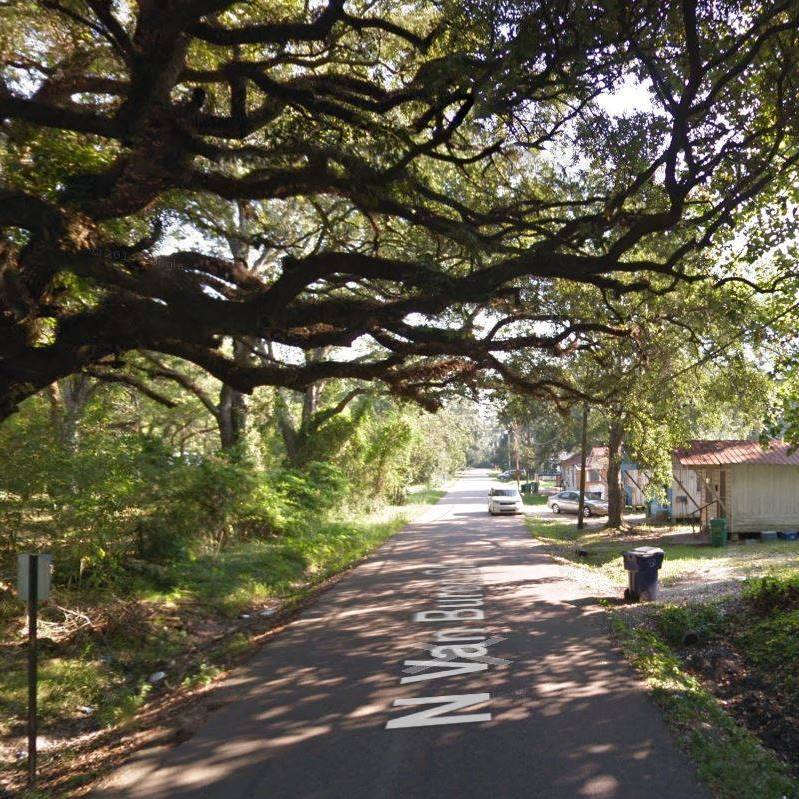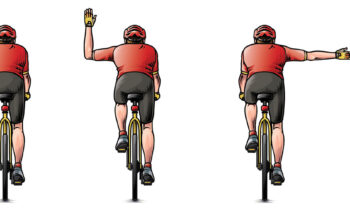Poor housing conditions and other visible signs of neglect are generally just a symptom of a much larger problem, and without addressing the root cause of the problem(s) the conditions will not improve as quickly. That’s not to say that making forward progress on housing conditions is not an important goal, but while this is going on others need to be focused on identifying and resolving the underlying issues that plague the community, including:
Unemployment/underemployment/unemployable
Lack of educational opportunities
Lack of community involvement
Lack of accomplishment
Wasted potential due to old non-violent criminal records
Hidden discriminatory policies
If the task force is to be successful in effecting change in the West 30’s, we need to have someone focusing on these issues. – West 30’s Task Force, November 2017
The Workforce Innovation and Opportunity Act (WIOA), signed into law in 2014, is the first major update in nearly 15 years to guide how the public workforce system helps job seekers access education, training and employment. WIOA places great emphasis on serving out of school youth through training and services that are employer driven and linked to labor market demand. WIOA defines out of school youth as 16 to 24 year olds who are not attending any school and who have one or more barriers to employment, such as parenting, homelessness, or disabilities. A large portion of out of school youth who are not working, often referred to as “disconnected”, are involved to some extent with public systems, such as welfare services, foster care or the juvenile or criminal justice systems, which are also barriers to employment.
Implementation of key WIOA provisions begins with targeting the youth who are detached from both the labor market and/or school. This disconnection is also a strong indicator that he or she may not be adequately making the transition to adulthood and may continue to have difficulty gaining the skills and knowledge needed to attain self-sufficiency. Work experiences are a critical component in preparing the transition to adulthood.
Strategies While focusing on identifying and resolving underlying issues that plague the community, with the main concerns being unemployment, underemployment and the unemployable, addressing the disconnected youth residing in the community will serve as a foundation to start a pilot program for community innovation. Few programs target the young people who are persistently disconnected, however we have discovered new strategies to reach and engage alienated and disaffected young people. With the help of Mr. Jerome “Bo” Elzy, we will begin with a pilot group of 10 participants and the pilot will run for six months.
Mr. Elzy has participated in past work programs with our agency, has been a long-time youth mentor and has contributed his time and energy to the community in various capacities. He has also played a large role in the planning and development of this program and has offered his expertise for its execution/implementation.
He will serve in the role of supervisor and a mentor who has committed to provide the moral and emotional support that is an important factor in creating a positive atmosphere and a sense of belonging. Once the group is finalized, they will each receive intensive case management, which includes an objective assessment, determination of significant barriers and individual need, and Individualized Employment Plan, assistance with short-term and long-term goals, and placement in work experience and the opportunity to feel connected to caring adults and to a community. Additionally, the youth will be provided with direct connections to Adult Education and Post-Secondary institutions. Find out more about the West 30’s Task Force or contact them through their Facebook page.




